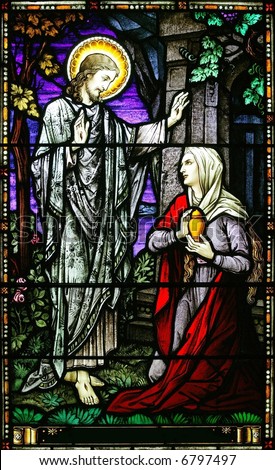 |
| The Good Shepherd from the Catacomb of Domitilla, 3rd century |
Jesus presented himself as the good shepherd. He said: “I am the good shepherd. The good shepherd lays down his life for the sheep.” (Jo 10:11). Nowadays, this means very little for many people, but I still remember, in my childhood, seeing a shepherd moving from place to place, always looking for the best pastures and the safest place for his flock. The first generations of Christians were so impressed that the oldest images of Jesus found in the catacombs (from the second century ad) represent him as the good shepherd.
The image of the shepherd was used already in the Old Testament to explain the duties and responsibilities of the leaders, be it religious or political. Many of them were bad leaders, caring only about themselves, abusing their position and oppressing the people that they were supposed to serve. Jesus, as the Christ, presents himself as a good shepherd, who gives:
- Protection
- Guidance
- Care
The good shepherd does not rest until he finds the lost sheep. And he is ready to die so that they may have life.
What kind of shepherds are our leaders – our religious and our political leaders?




